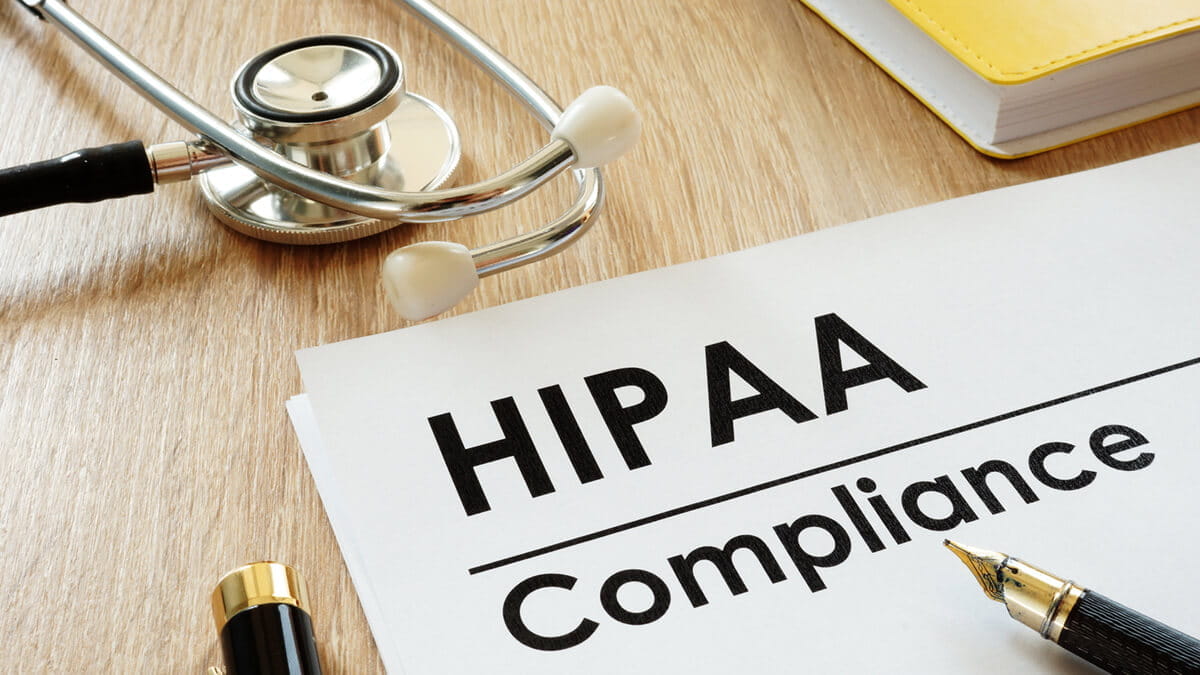Navigating the world of healthcare can be hard for patients. What kind of care is covered by insurance? What kind of treatment options are available if we get sick? How do we find the best doctors in our area? There are loads of questions, including those about the privacy of healthcare information.
The Health Insurance Portability and Accountability Act—also known as HIPAA—went into effect in the United States more than two decades ago. Its two primary goals at the time were to help ensure that individuals could maintain their health insurance coverage between jobs and to promote integrity in health insurance and healthcare provision. A landmark act in its time, this important piece of legislation has grown in complexity, helping to shape healthcare on many levels, including privacy.
HIPAA: How It Has Impacted Healthcare
HIPAA was signed into law in the U.S. in 1996 to give patients rights over their health information, including the right to get a copy of their information, make sure it is correct, and know who has seen it.1
The Department of Health and Human Services (HHS) says that HIPAA and its privacy rule—which came later, in 2003—replaced the patchwork of state and federal laws that previously governed our individually identifiable health information as it moved across hospitals, doctors offices, insurers or third-party payers, and state lines.2 The privacy rule prevents the distribution of a patient’s personal health information from occurring without notice or authorization, particularly when it doesn’t pertain to medical treatment or healthcare reimbursement.
Much has changed since HIPAA's privacy rule went into effect,3 including:
- The digitization of the vast majority of patient information. Electronic systems have largely replaced paper files, giving health providers remote access to patients’ clinical data.
- Better information technology. The medical data systems in place when HIPAA took effect largely lacked security. Today’s systems support the exchange of health information without sacrificing the safety of private medical data. Today, our medical data is secured with encryption, privacy monitoring, and data loss protection.
- New careers. Implementing HIPAA created the need for specialized information security professionals. In addition, all healthcare workers and anyone accessing patient information require training on how to operate within HIPAA guidelines.
- Improved patient access to personal health data.4 In 2016, HHS announced changes to HIPAA that included expanded patient access to health information. The changes give patients more clarity on how to access their health information and create pathways by which patients can access the information.
- Incentives and penalties for healthcare providers. With the passage of the Health Information Technology for Economic and Clinical Health Act (HITECH) in 2009, to bolster HIPAA, healthcare providers who fail to comply with the rules can face hefty fines. In addition, eligible professionals qualify for incentive payments.5
Join the Field With an MHA Degree
If you’re passionate about making an impact through a career in healthcare, you may be ready to earn your master’s degree in healthcare administration. Walden University offers a Master of Healthcare Administration (MHA) degree program that lets you earn a degree online, around your busy schedule.
The changes happening in U.S. healthcare have created a growing number of career opportunities for professionals with an MHA degree. For example, job opportunities for medical and health services managers are expected to increase 20% by 2026, according to the U.S. Bureau of Labor Statistics.6
Walden’s MHA program is designed to prepare you to be an effective and visionary leader in hospitals and other healthcare settings, helping patients and healthcare providers alike. Students can choose from two learning formats—course-based or competency-based—depending on their learning style and preferences, in an MHA program taught by doctoral-level faculty.
Don’t let your busy life stand in the way of postsecondary education. Learn more today about how you can earn your master’s in healthcare administration.
Walden University is an accredited institution offering a Master of Healthcare Administration (MHA) degree program online. Expand your career options and earn your degree using a convenient, flexible learning platform that fits your busy life.
1Source: www.hhs.gov/sites/default/files/ocr/privacy/hipaa/understanding/consumers/consumer_rights.pdf
2Source: www.hhs.gov/hipaa/for-professionals/faq/188/why-is-the-privacy-rule-needed/index.html
3Source: http://journal.ahima.org/2013/04/12/a-decade-of-hipaa/
4Source: www.nationalpartnership.org/news-room/press-releases/leading-patient-advocates-welcome-hhs-new-guidance-on-hipaa.html
5Source: https://journalofethics.ama-assn.org/article/hitech-act-overview/2011-03
6Source: www.bls.gov/ooh/management/medical-and-health-services-managers.htm
Walden University is accredited by The Higher Learning Commission, www.hlcommission.org.




